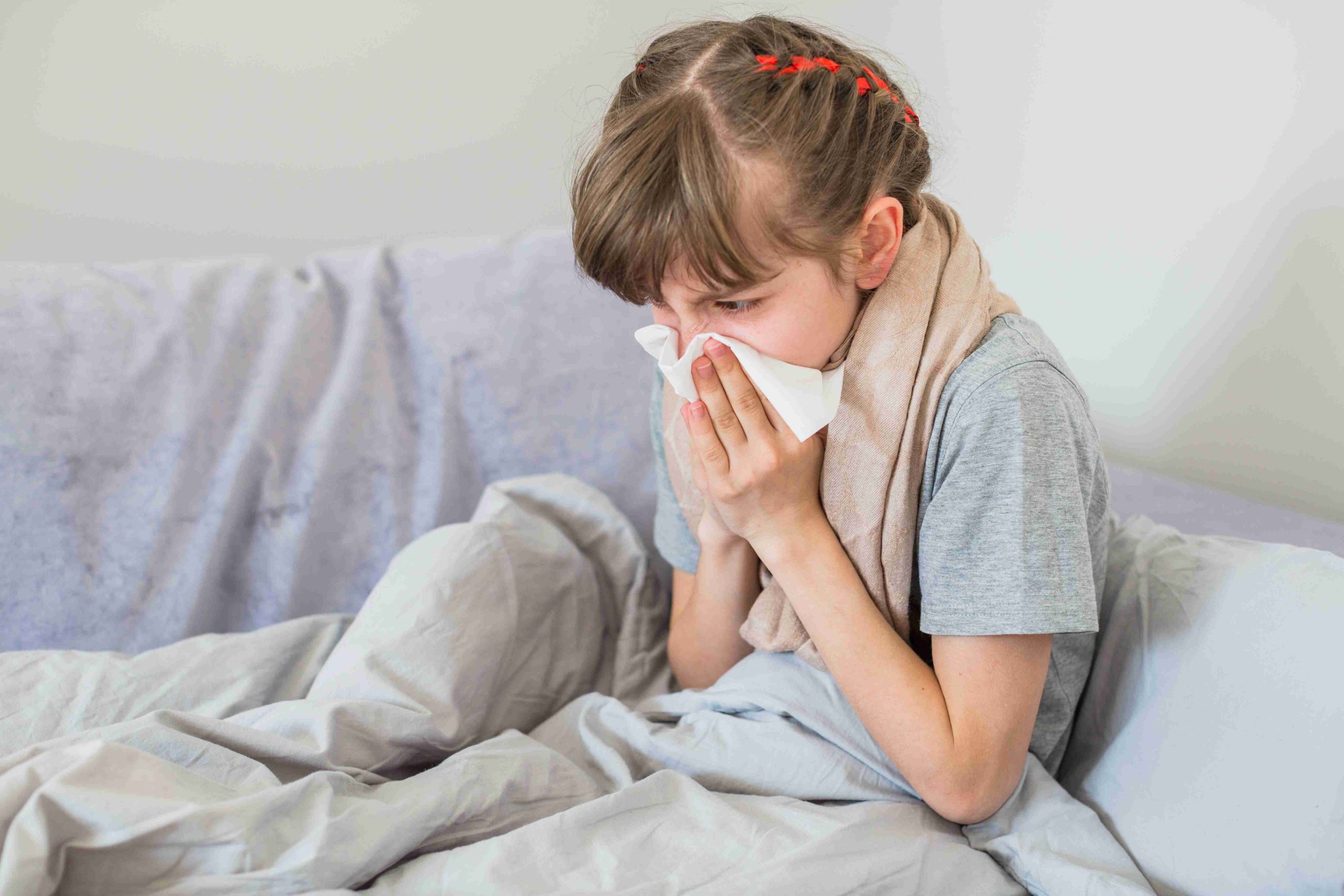
The Painful Reality of Preschoolers Allergies
Understanding Preschoolers Allergies
Allergies occur when the immune system reacts to a substance that the body perceives as harmful. Preschoolers can develop allergies triggered by various substances such as dust, pollen, animal dander, food, insect stings, and medicines. The severity of allergies depends on how the immune system reacts to the allergen.
Common Types of Preschoolers Allergies
There are many different types of preschoolers allergies. Some of the most common include:
- Food Allergies:
- Seasonal Allergies:
- Allergic Asthma:
- Eczema:
- Allergic Conjunctivitis:
Symptoms of Preschoolers Allergies
Preschoolers’ allergies can cause a wide range of symptoms. The symptoms can vary depending on the type of allergy and the severity of the reaction. Some common symptoms of preschoolers allergies include:
- Runny or stuffy nose
- Sneezing
- Itchy or watery eyes
- Hives or skin rash
- Swelling of the lips, tongue, or face
- Coughing or wheezing
- Shortness of breath
- Stomach pain, nausea, or vomiting
Diagnosing Preschoolers Allergies
Diagnosing preschoolers allergies can be challenging. It is important to work with a healthcare provider who is experienced in diagnosing and treating allergies in young preschoolers. Some common methods of diagnosing preschoolers allergies include:
- Skin prick test:
- Blood test:
- Elimination diet:
- Challenge test:
Treatment of Preschoolers Allergies
There is no cure for preschoolers allergies, but there are many treatments available to help manage the symptoms. The treatment will depend on the type and severity of the allergy. Some common treatments for preschoolers allergies include:
- Antihistamines
- Nasal sprays
- Eye drops
- Immunotherapy
- Epinephrine
Preventing Preschoolers Allergies
Preventing preschoolers allergies can be challenging, but there are some steps that parents can take to reduce the risk of allergies. Here are some tips for preventing preschoolers allergies:
- Breastfeed:
- Introduce new foods slowly:
- Keep a clean home:
- Limit exposure to allergens:
- Be prepared for emergencies:
Supporting Preschoolers with Allergies
Supporting preschoolers with allergies is essential in ensuring they feel safe, understood, and included. Here are some tips for supporting preschoolers with allergies:
- Educate the child and others:
- Create an allergy action plan:
- Provide safe foods:
- Encourage independence:
- Foster inclusivity:
Coping with the Emotional Impact of Preschoolers Allergies
Preschoolers’ allergies can have a significant emotional impact on both the child and their family. Coping with the emotional impact of preschoolers allergies is an important part of managing the condition. Here are some tips for coping with the emotional impact of preschoolers allergies:
- Acknowledge the emotions:
- Encourage open communication:
- Empower the child:
- Find a support network:
- Practice self-care:
The Importance of Allergy Testing for Preschoolers
Allergy testing is a critical part of managing allergies in preschoolers. Identifying allergens and taking steps to avoid them can reduce the risk of severe reactions and improve the child’s quality of life. Here are some reasons why allergy testing is important for preschoolers:
- Identify allergens:
- Determine the severity of the allergy:
- Rule out allergies:
- Provide peace of mind:
- Improve quality of life:
The Future of Allergy Treatment for Preschoolers
While there is currently no cure for allergies, ongoing research and development in the field offer hope for improved allergy treatment options in the future. Here are some potential developments in allergy treatment that could benefit preschoolers with allergies:
- Immunotherapy:
- Allergy vaccines:
- Gene therapy:
- Improved allergy testing:
- Improved education and awareness:
Advocating for Preschoolers with Allergies
Advocacy is an essential part of improving the lives of preschoolers with allergies. Here are some ways parents and caregivers can advocate for their child with allergies:
- Educate others:
- Advocate for allergy-friendly policies:
- Seek accommodations:


